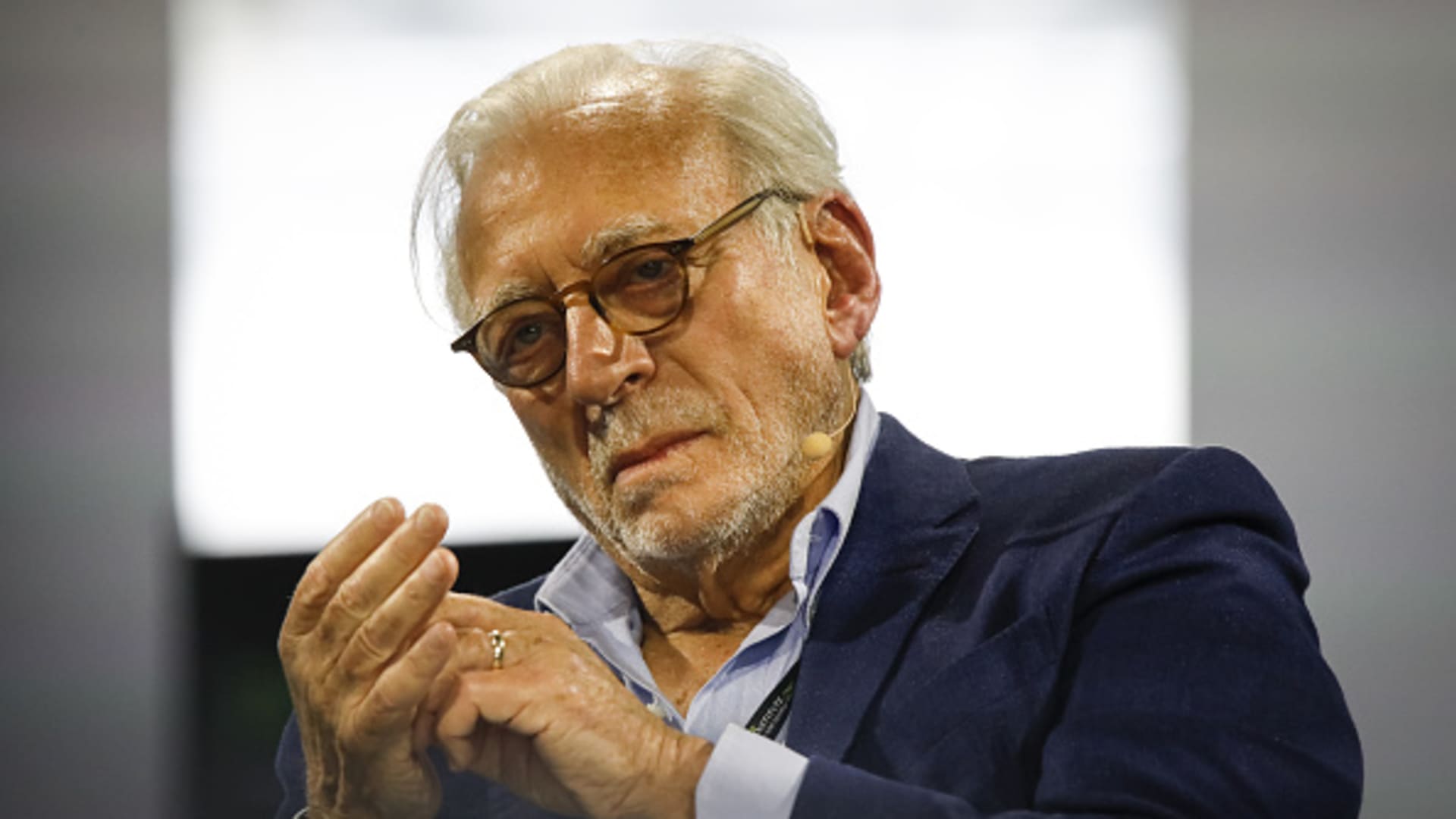How a Canadian company became the world’s best acquirer of tech firms
For older startups these are tough times. The weak recent stockmarket debuts of Arm, a British chipmaker, Instacart, a grocery-delivery group, and Klaviyo, a software firm, have dampened enthusiasm for initial public offerings. Venture capital (VC) has dried up. Data from PitchBook, a research firm, show that late-stage startups need almost three times as much money as is available to them. Many are putting themselves up for sale. Acquisitions of private firms valued at $100m or more are at their highest since September 2022.
One happy buyer is Constellation Software. The Canadian firm’s targets must have sales of at least $5m and show consistent revenue and profit growth. A strong management team, preferably founder-led, is a plus. Though it has splurged on larger deals, the median value of firms it acquires is around $3m. According to Royal Bank of Canada (RBC), since 2005 Constellation has spent $8.7bn on more than 860 firms (see chart 1). In that time its revenue has grown by about 25% a year on average. This year it could exceed $8bn. The company’s market value is up by a big-tech-like 250% in the past five years, to $50bn, outperforming the tech-heavy NASDAQ index (see chart 2). It is now Canada’s second-largest tech firm after Shopify, an e-commerce platform.
Whether by fluke or design, Constellation’s dealmaking success is based on principles that look strikingly similar to those of the world’s heavyweight acquirer, Berkshire Hathaway. Like Warren Buffett, Berkshire’s boss, and his right-hand man, Charlie Munger (who died on November 28th), the founder and president of Constellation, Mark Leonard, seeks out businesses with a lasting competitive edge. In Constellation’s universe, such a “moat” is enjoyed by software firms that specialise in building digital wares for unsexy industries from car dealerships and builders to spas. Tech giants shun these relatively piddling…
2023-11-30 10:24:54
Link from www.economist.com
rnrn
















